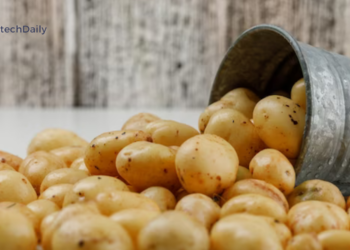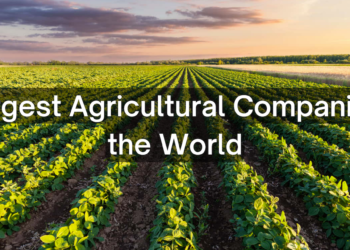It delivers innovative science-based solutions to enhance access to affordable nutritious food, foster inclusive sustainable business, and employment growth, and drive the climate resilience of root and tuber agri-food systems.
Headquartered in Lima, Peru, CIP has a research presence in more than 20 countries in Africa, Asia, and Latin america.
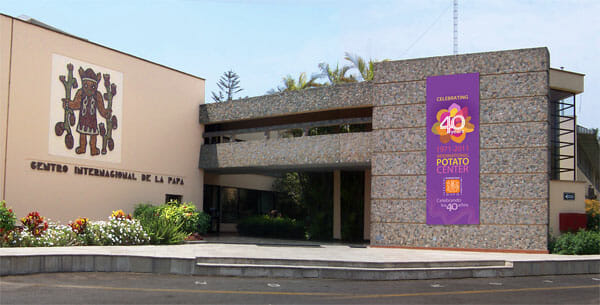
CIP is a CGIAR research center, a global research partnership for a food-secure future. CGIAR science is dedicated to reducing poverty, enhancing food and nutrition security, and improving natural resources and ecosystem services.
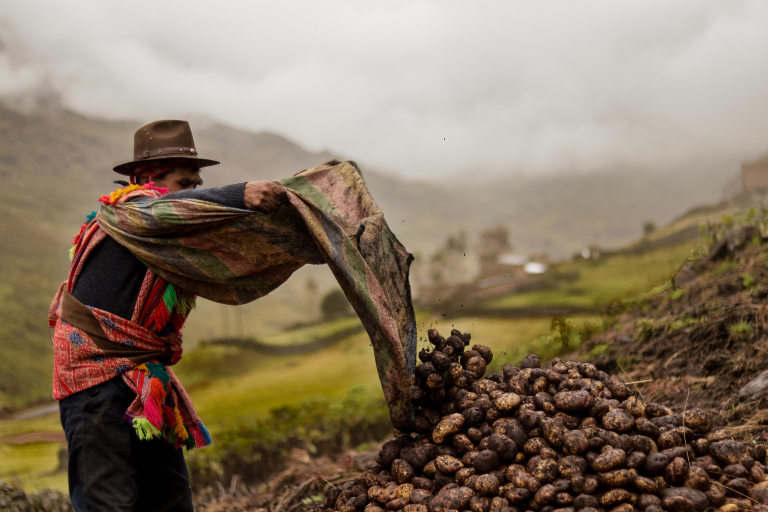
Its research is carried out by 15 CGIAR centers in close collaboration with hundreds of partners, including national and regional research institutes, civil society organizations, academia, development organizations, and the private sector.
The need to innovate in agriculture is more urgent than ever. Rising populations will require 60% more food by 2050. Increasing urbanization in Africa and Asia and the impacts of climate change demand we produce this food with fewer inputs.
While much of the world struggles with the threat of food insecurity, the cost of nutritious foods in the developing world far exceeds that paid in industrialized nations.
The International Potato Center, celebrating its 50th anniversary this year, is delighted to sponsor this special event to discuss the crucial role of agricultural innovation to overcome these challenges and achieve the Sustainable Development Goals by 2030.
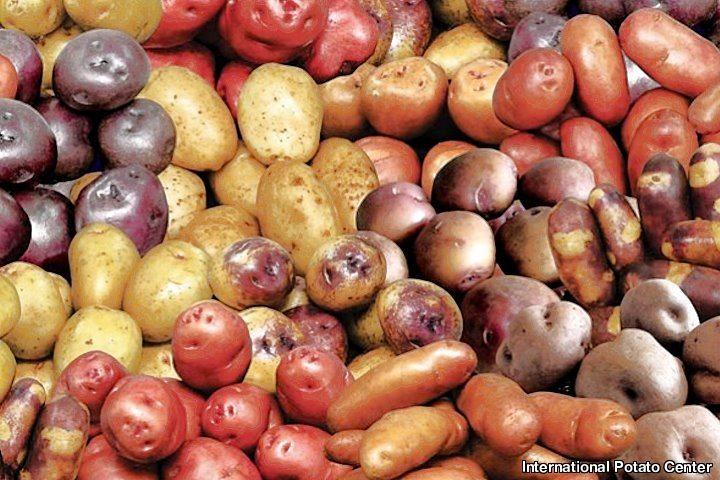
In particular, this event will focus on how collaboration with international partners and within the CGIAR can contribute to the momentum leading up to the One CGIAR’s arrival at the 2021 Food Systems Summit, a key event for initiating global initiatives for food systems transformation.
Fifty years ago, a group of visionaries had the foresight and determination to establish a research center for resource-poor farming communities.
Now that CIP has turned 50, where does it go next? CIP’s scientists have brought untold innovations and technologies to farmers.
But our fast-growing world in the midst of a climate crisis needs more collaboration than ever before. Not just on crop technologies, but solutions to water shortages, land degradation, and climate change.
Five decades of crop improvement has enabled farmers to overcome immense challenges such as limited land and climate change to generate more food and income for their families and communities; nearly 3 million farmers in Asia grow CIP-related varieties, nearly a third of land dedicated to potato production in Peru is planted with CIP–related varieties, and CIP-bred Victoria variety has contributed over USD 1 billion to the Ugandan economy.
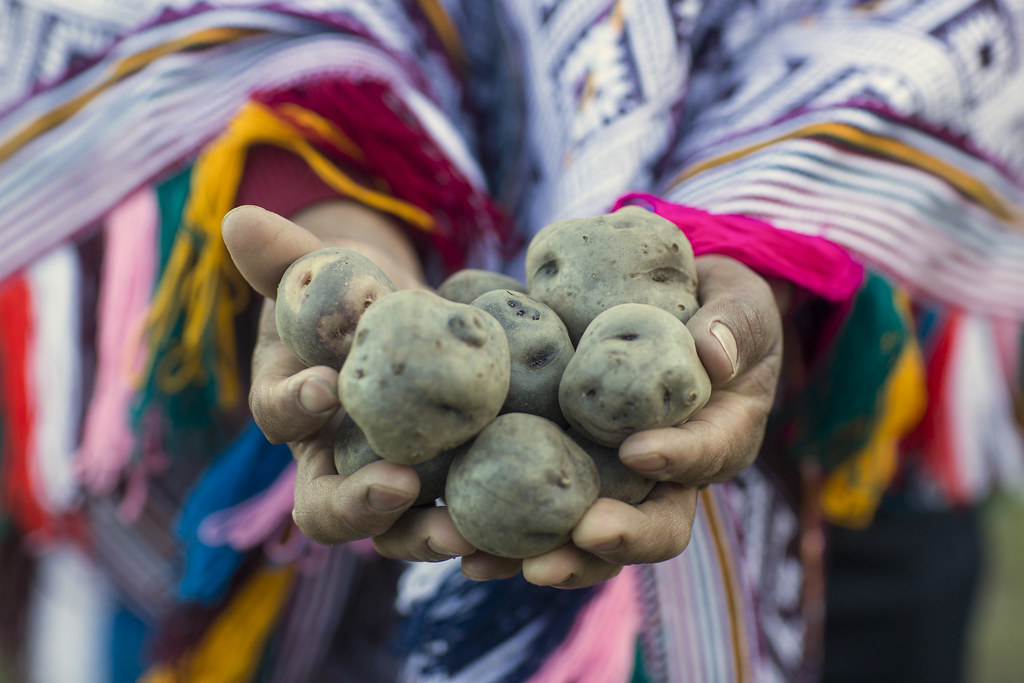
Gene technologies are delivering game-changing solutions for farmers for even greater returns. Healthy economic development requires inclusive growth and CIP has worked on many fronts to improve livelihoods.
CIP and partners have strengthened markets for native potatoes for an estimated 100,000+ small agri- and other businesses in the Andes used a similar approach to catalyze hundreds of community enterprises and improved market linkages in Africa and Asia.
Biofortified sweet potato puree is finding healthy appetites as an ingredient in the bakery sector in Kenya, generating demand for nutritious foods and revenues for farmers.
Annual sales of puree-based products now exceed USD 1 million, with potential demand estimated at USD 5 million annually.
Also Read:




